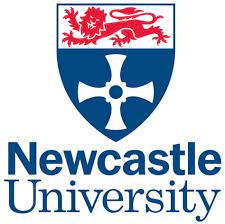
Bachelor of Design (Architecture)
Newcastle University, Newcastle upon Tyne


Newcastle University, Newcastle upon Tyne

Bachelor of Design (Architecture)
Newcastle University, Newcastle upon Tyne
Newcastle University offers placement support
It is a top-ranked institution verified by QS
Scholarship Available
Degree
Undergraduate
Duration
36
Course Type
With Co-op
Co-op education gives you real-world experience in a job related to your studies.
INR
35.09L
USD 41281
1st Year Tuition Fees
Opening Soon
Opening Soon
Opening Soon
GBP 28.5